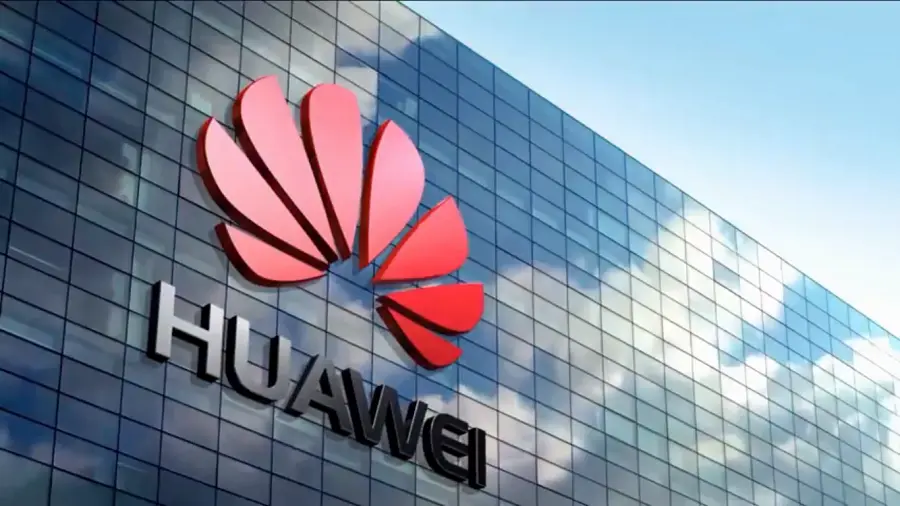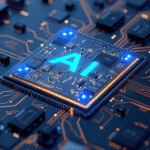plowunited.net – Huawei has stirred global interest by filing a patent for a next-generation solid-state battery capable of delivering unprecedented range and charging speed. According to the patent, the battery offers up to 3,000 kilometers (1,864 miles) of driving range on a single charge. With the ability to recharge fully in just five minutes. These figures have caught the attention of media outlets and energy experts alike. Especially amid growing demand for efficient electric vehicle (EV) battery technologies.
Read More : LG Unveils 540Hz WOLED Panel for OLED Gaming Monitors
Filed with the Chinese Patent Office in mid-2023, the application outlines a sulfide-based solid-state electrolyte enhanced with nitrogen doping. This advancement is said to boost the battery’s stability and ionic conductivity. Huawei claims the battery achieves an energy density between 400 and 500 Wh/kg—almost double the current standard of lithium-ion batteries, which typically range around 265 Wh/kg. The five-minute full recharge relies on access to high-performance charging infrastructure, which is not yet widely available.
During K-Display 2025 and other tech expos, Huawei has continued to position itself as a leader in innovative battery technologies, aiming to meet the demands of the evolving EV market. However, despite the groundbreaking claims, Huawei has not yet shared timelines for commercial deployment or disclosed any industry partnerships for battery manufacturing.
Experts Express Caution Over Feasibility, Cost, and Market Readiness
While the patent is exciting, many battery experts are urging caution. Bob Galyen, former CTO at battery giant CATL, noted in a statement to IEEE Spectrum that solid-state battery technology still faces major development hurdles. He likened its trajectory to lithium-ion technology, which took decades to become viable for mass-market use.
One technical concern involves the cell voltage listed in the patent—just around two volts. To reach the 400 to 800 volts typically needed in EVs, many cells would be required, adding complexity and potentially increasing battery weight. Moreover, sulfide-based solid-state electrolytes are highly sensitive to moisture. This makes large-scale production challenging and expensive, both in terms of materials and the manufacturing environment.
Economic barriers also pose serious questions. According to analysis by PatentPC, current production costs for similar solid-state batteries range from $400 to $800 per kilowatt-hour. This could make them 10 to 20 times more expensive than today’s lithium iron phosphate batteries. Even with future economies of scale, it is unclear when or if the technology can reach commercial affordability.
Read More : US Considers Tracking Chips to Curb Exports to China
At present, Huawei’s battery remains in the early stages of development with no confirmed path to serial production. Industry analysts agree that while the innovation is promising, it may take several years before such technology enters the mainstream EV market.
For now, Huawei’s patent highlights the race toward more efficient and sustainable energy solutions in the EV sector. If Huawei can overcome technical and economic challenges, it could become a major force in redefining the future of electric mobility.


